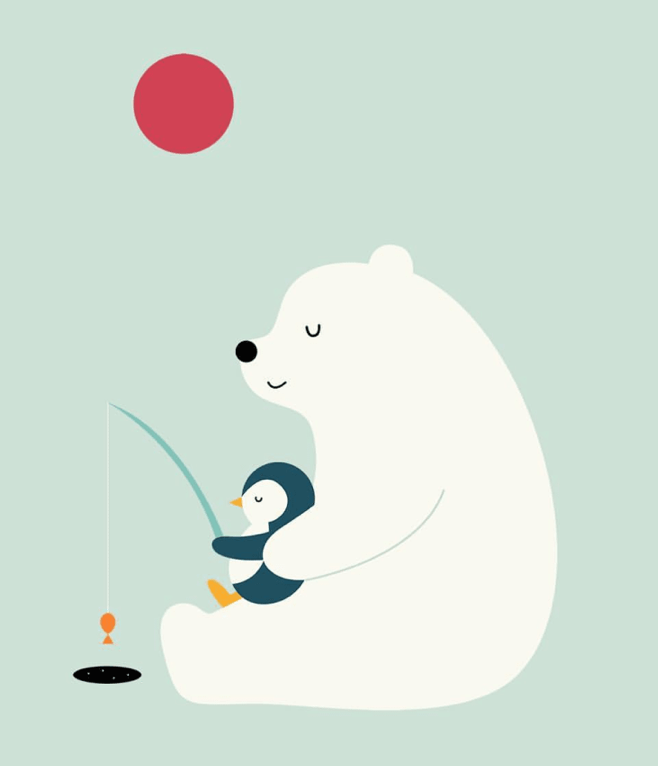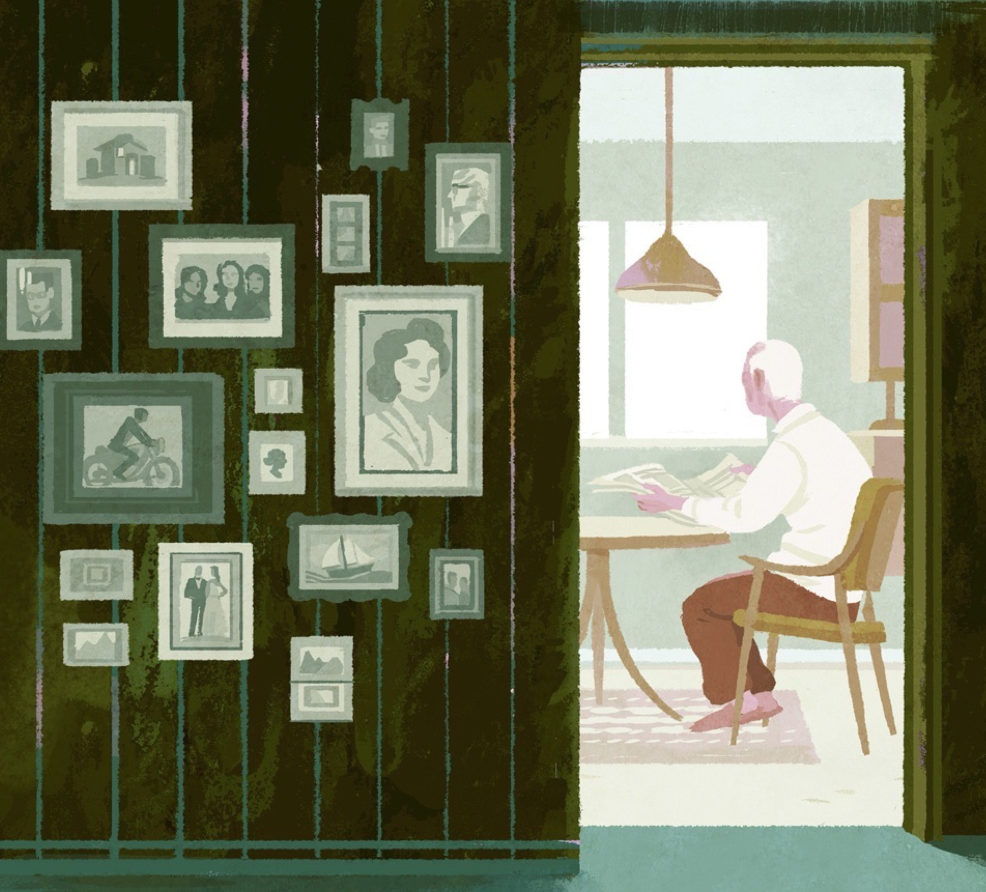Reflect: Summer Week 1
12-17 May 2020
What have I accomplished?
I kicked off my Laidlaw research journey this summer on Tuesday. I completed a draft of an interview guide for Hong Kong’s antimicrobial resistance (AMR) experts, which had been based on 15 hours of research on the country’s healthcare system, AMR national action plan and policies. I also completed a draft of my reflection for the semester. I also signed up for the social networks analysis course, which I’ll be able to map for credits. Am personally quite excited for that 🙂
Now that I’ve read Cal Newport’s Deep Work, I am actively trying to minimise time spent on email and other forms of shallow work/entertainment (goodbye Webtoon and Wattpad). I am also trying out his proposed month-long elimination of social media (goodbye Reddit, Twitter and Instagram). Now that the week has ended, I realised that shallow work such as reading web-comics really provides little fulfilment or nourishment for me. I’ve tried to replace them with quality fiction instead. Newport had suggested to actively resist indulging in distraction, so resist I tried. To fill in the time that shallow work once took, I stretched, reflected, read, listened to music, took walks or stared out the window :’)
What did I learn?
All that reading was truly rewarding! Here’s what I learned this week.
The Internet and Our Brains
I started reading The Shallows by Nicholas Carr. The most disturbingly fascinating takeaway thus far is the insidious effect the internet has on the brain. But before I elaborate on how neural networks in the brain are rewired by the internet, I will share what Carr explored about the detriments of reading or learning on the internet.
Reading deeply without distractions allows us to draw rich connections between the content we are reading and our long term memory. Reading on the net however, disallows deep engagement with the text because our brain is constantly taxed with processing a multiplicity of fleeting sensory stimuli. As a result, it has to redirect its energy from reading to constantly making judgements: should we click on this link, this image, this video?
This onslaught of information puts a heavy cognitive load on our working memories. We can no longer retain what we’ve just read, or draw rich connections between the content with our long-term memory (what we already know). Deep reading, sustained concentration becomes impaired. Unsurprisingly, we learn little and our understanding remains shallow.
It is also important to learn that when our brains become overtaxed, distractions become more distracting.
Carr’s insights immediately brought to mind the ads, hyperlinks, pop-up videos and innumerable graphics designed to capture my attention and prolong my site visit on the multitude of online articles I’ve read. In sum, to get the most out of content that we are reading, it is best to do so in a way that is free of distractions. You can print the article or read with the internet connection off. Personally, I find pocket to be useful for reading online articles without the distracting graphics, ads and (reduced number) of hyperlinks. Saving articles to Pocket has also been helpful in curating my personal consumption of online media too.
Here’s a quote by David Brooks on reading hard things and consuming mindfully.
My worry is that, especially now that you’re out of college, you won’t put enough really excellent stuff into your brain…In college, you get assigned hard things. You’re taught to look at paintings and think about science in challenging ways. After college, most of us resolve to keep doing this kind of thing, but we’re busy and our brains are tired at the end of the day. Months and years go by. We get caught up in stuff, settle for consuming Twitter and, frankly, journalism. -David Brooks1
I have always appreciated learning from whatever I stumble across from the net. However, diving deep into reading books again this summer has only revealed that my online content are rarely as deeply insightful or enlightening as those shared in books. The disparity could be attributed to the inherent nature of the Internet- reading on the net presents a barrier to deep reading and sustained concentration. So, apart from simply reading hard things, it is equally important to read hard things without distraction.
Composition in Art
I started my Domestika course on illustration to try to build up my creative muscles…this week, I learned about composition.



The Wisdom and/or Madness in Crowds
I stumbled upon Nicky Case’s website and fell in love with his work.2 I tried a simulation on social networks, here’s what I learned.
Ideas are able to spread in society thanks to social networks within groups and between groups. Our own behaviours and ideas can influence not only our friends and family, but their friends and families too.
Sometimes, we want to spread complex ideas. On one hand, when groups are too loosely connected, complex ideas can’t spread. On the other hand, when groups are too tightly connected, complex ideas are unable to spread or take root because of group think.
For complex ideas to spread however, social networks need to comprise an optimal combination of bonding within groups and bridging between groups. This kind of network is called a small world network.
I had fun learning about social networks from an interactive game made by Nicky Case. Moral of the story: we are shaped by our social networks as much as we are its shapers. Take the time to understand complex ideas and build connections with people outside your usual social networks.


Alzhiemer’s Disease as ‘Type 3 Diabetes’
I also started reading Amy Berger’s The Alzheimer’s Antidote. Drawing on decades of scientific literature, the central claim in her book is that Alzheimer’s Disease (AD) is a fundamentally metabolic disease, also termed ‘type 3 diabetes’ by some researchers.
People with type 2 diabetes often experience problems with fatigue, chronic pain, and poor energy levels. This is because, despite often (but not always) being overweight, at a cellular level, they’re actually starving. The same idea is at work in the Alzheimer’s brain: At its heart, AD is a fuel shortage in the brain. It is the result of the widespread starvation and death of neurons secondary to hyperinsulinemia (excessive amounts of insulin in the blood), insulin resistance, and a reduced capacity to metabolize glucose. - Amy Berger, The Alzheimer’s Antidote
It’s a fascinating read that explores the impact of the modern industrial diet and hyperinsulinemia on beta-amyloid plaques in the brain, neural metabolism and use of energy, neural structures eventually lead to the cognitive decline manifested among AD patients. She also explores how reducing insulin levels with a low-carb, ketogenic diet, alongside lifestyle modifications, can help improve the symptoms of AD at its root.
I learned about the insulin-degrading enzyme, the impact of glycation and oxidative stress on the brain cells, the importance of fat and certain vitamins such as Vitamin B12 in the modern diet and more. It’s been a fascinating read. It helps that Berger’s breakdown of biochemical processes in our body has been easy to follow.
What could I have done better?
- Automate formatting for articles within Ulysses
- Sleep earlier around 11pm.
- To stay on task, read first thing in the morning to wake your brain, followed by a review of the goals for the day and the week, followed by deep work.
- Read quality material after lunch to stay on task. Resist distraction!
- And as a personal reminder, avoid napping after lunch unless you want to feel drowsy, tired, abdominal discomfort and headache
I’ll do better this coming week!
Stay updated on the best insights from public health professionals.